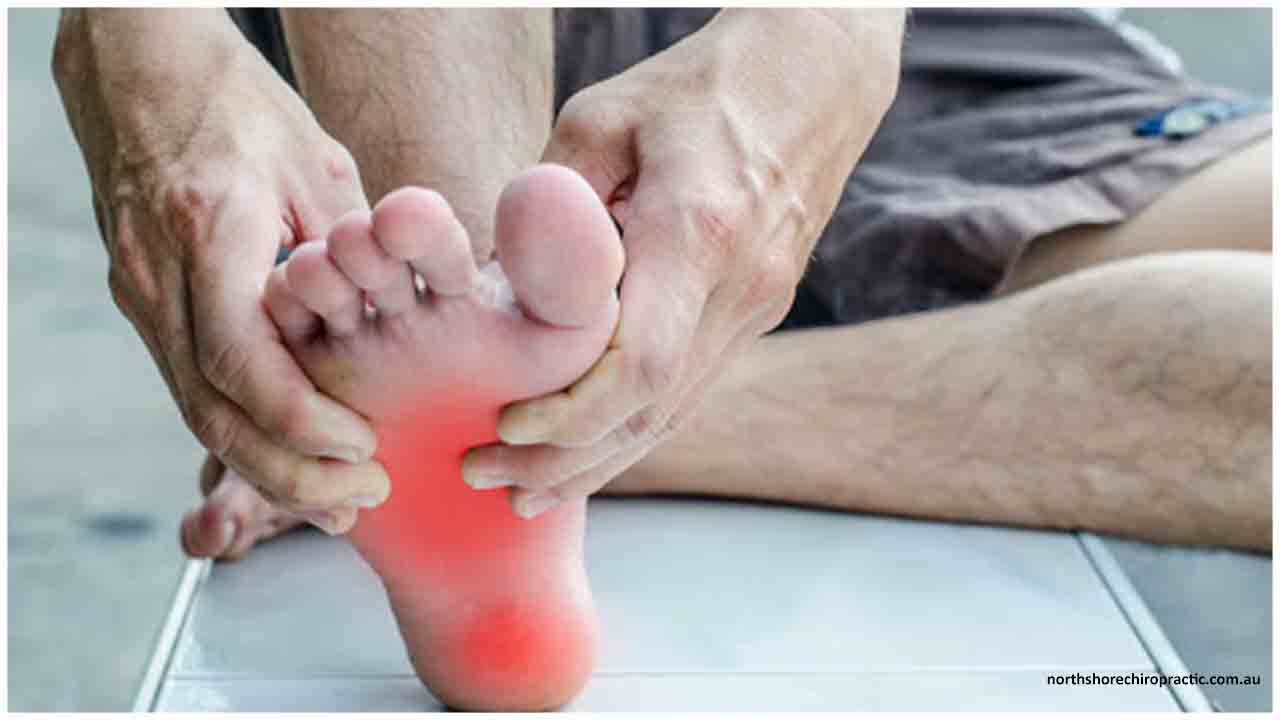Badly controlled blood sugar for a long time can cause damage to many parts of the body, including the nerves and vessels that run down to the feet. Because of this, people with diabetes have an increased risk of developing foot problems. Wearing specially designed shoes can help reduce the risk and promote healthy blood circulation in their feet.
One might develop open sores on your toes or the bottom of your feet. You may also develop calluses or thick areas of hardened skin. The following are all more likely to occur in people with diabetes:
- bunions
- corns
- fungal infections
- gangrene
Many patients with diabetes do not put much focus on foot care and footwear, according to a new study. Another survey showed that quite a few Diabetic patients know which shoes are best but just do not wear them. But we need to know that failure to perform recommended foot care and wearing inappropriate footwear can set diabetes patients up for foot ulcers which are painful and potentially serious. So much so that they can sometimes lead to amputation.
In a study presented at the American Association of Clinical Endocrinologists' meeting in San Diego, showed that most diabetes patients knew the importance of proper foot care and properly fitting shoes but they didn't always follow through.
As such there is no such thing as perfect footwear for persons with diabetes but, there are shoes that can cause or accelerate the development of foot ulceration and to avoid those or delay the onset of foot ulceration there are also shoes which can help.
Survey on Diabetes Footwear
A study was conducted in Lagos, Nigeria wherein patients with type 2 diabetes, on average about 57 years old, to answer questions about their footwear habits and foot care.
The following was found in the study:
- 90% had education about footwear
- 83% wash and dry their feet, a practice recommended daily
- 51% do the recommended routine self-exams of their feet
- However, about 56% told the researchers they always or occasionally walk around the house without shoes, which is not recommended. Nearly 15% did so outside, too.
- Next, researchers evaluated the participants' shoes. They found 68% of the footwear to be inappropriate.
Among the shoes that didn't pass muster are:
- Shoes with pointed tips or toes
- High heels
- Flip-flops
- Some wore shoes that were the wrong size.
Despite these flaws in shoe wear, 73% of the patients thought their inappropriate footwear was acceptable.
The doctor and nurse can counsel the patient about proper footwear but just because they tell them doesn’t mean they are going to be motivated to make changes in their footwear.
The problem is that diabetic neuropathy is a silent disease with nerve damage in the feet; there is a loss of feeling in the feet.
Hence with continuous efforts to let those with diabetics know that the risk of foot ulcers is as high as 25%, according to the American Diabetes Association and just wearing properly fitted shoes can help reduce that risk.
Footwear Tips for Diabetes Patients
- Here are tips for finding proper footwear.
- Look for a lightweight shoe
- Avoid shoes that have pointed toes.
- Don't buy plastic or other materials that don't allow the shoe to breathe.
- No high heels because they don’t allow for even distribution of foot pressure.
- Don't buy shoes with a flat sole.
- Look for styles that have soft insoles.
- Remember that a good diabetic shoe should have a shock-absorbing sole, which will help relieve pressure on the bottom of your foot.
- Choose flexible material leather, canvas, or suede styles to allow adequate circulation of air.
- Look for such features as laces, buckles, or Velcro. These make it easier to adjust the shoe.
- Pick shoes with laces that you can loosen or tighten. This makes it easier to accommodate any swelling or changes in your feet over time.
- It’s also important to find a shoe that fits well and matches the shape of your foot. You don’t want your foot sliding around inside the shoe. This can cause blisters, sores, and calluses, which can be dangerous for a person with diabetes.
- Keep in mind that the shoe should also have a solid back to provide extra support.
Even if you’re wearing diabetic shoes, follow these tips to make sure your feet are healthy: - Avoid using razors or other sharp tools on your feet.
- Wash your feet daily with warm water to promote circulation.
- Check your feet every day to make sure there are no developing sores, ulcers, or calluses.
- Trim your toenails regularly, making sure to cut straight across to prevent ingrown toenails.
- Smooth your corns and calluses gently with a pumice stone or an exfoliating foot scrub.

 Proper shoes for diabetics don't have to look like Frankenstein shoes.
Proper shoes for diabetics don't have to look like Frankenstein shoes.









.jpeg)

.jpg)







.jpeg)



.jpg)


.jpg)




.jpg)


